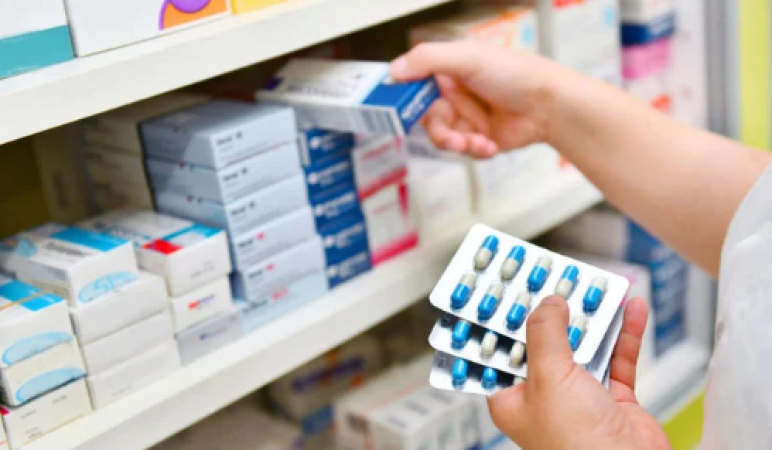
Dakar: The UN warned on Tuesday that up to 50% of medicines in West Africa are substandard or fake, which can result in toxic contaminations or the emergence of antimicrobial resistance while undermining public confidence in healthcare systems.
The United Nations Office on Drugs and Crime (UNODC) reported that at least 605 tonnes of medical products were seized in West Africa between January 2017 and December 2021 during international operations, though reporting is inconsistent and the actual number is probably higher.
According to the report, up to $44.7 million is spent annually in sub-Saharan Africa on treating patients who have taken phoney or subpar malaria medications.
Also Read: Black police beating a black man is blamed on white supremacy
Additionally, the World Health Organization data cited in the report estimates that up to 267,000 deaths annually are related to the use of subpar antimalarials.
The report also cautioned against the risk of legitimate medications being used in unauthorised ways, in addition to the risk of counterfeits and poorly made drugs, which, at best, have no effect and, at worst, can cause toxic contaminations.
Increased resistance to first-line medications like antibiotics and antimalarials may result from this. According to Francois Patuel, head of the UNODC's Research and Awareness Unit, "Once a (legitimate) product is diverted from the supply chain, there is very little (oversight) about how it is being used."
Also Read: Brazil offers a solution to the conflict in Ukraine
You can buy an antibiotic if you ask for one in the market, according to the statement. The proper antibiotic to use or whether it should be used at all is not something that can be controlled, he continued.
It is causing bacterial and antimalarial resistance, respectively.
The medical products that have been diverted from the legitimate supply chain typically come from Europe, and to a lesser extent from China and India, according to the report, which specifically focused on trafficking within the Sahel countries of Mauritania, Mali, Burkina Faso, Niger, and Chad.
Before being transported into the Sahel, they frequently pass through seaports in Guinea, Ghana, Togo, Benin, and Nigeria. Many people profit financially from the illegal trade, including employees of pharmaceutical companies, law enforcement officials, and street vendors. Armed organisations, however, are less active, it claimed.
Also Read: White House makes Covid's emergency plan public
"Despite terrorist groups and non-state armed groups being frequently associated with trafficking in medical products in the Sahel, the majority of reported cases in the region show that the involvement of such groups is limited and primarily revolves around using medical products themselves or levying "taxes" on them in the areas under their control," the statement read.